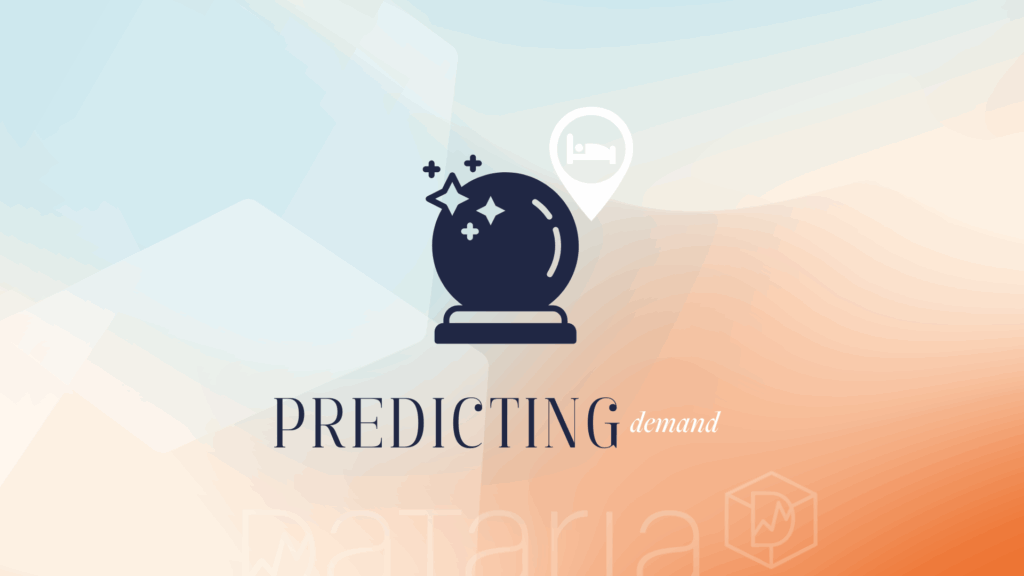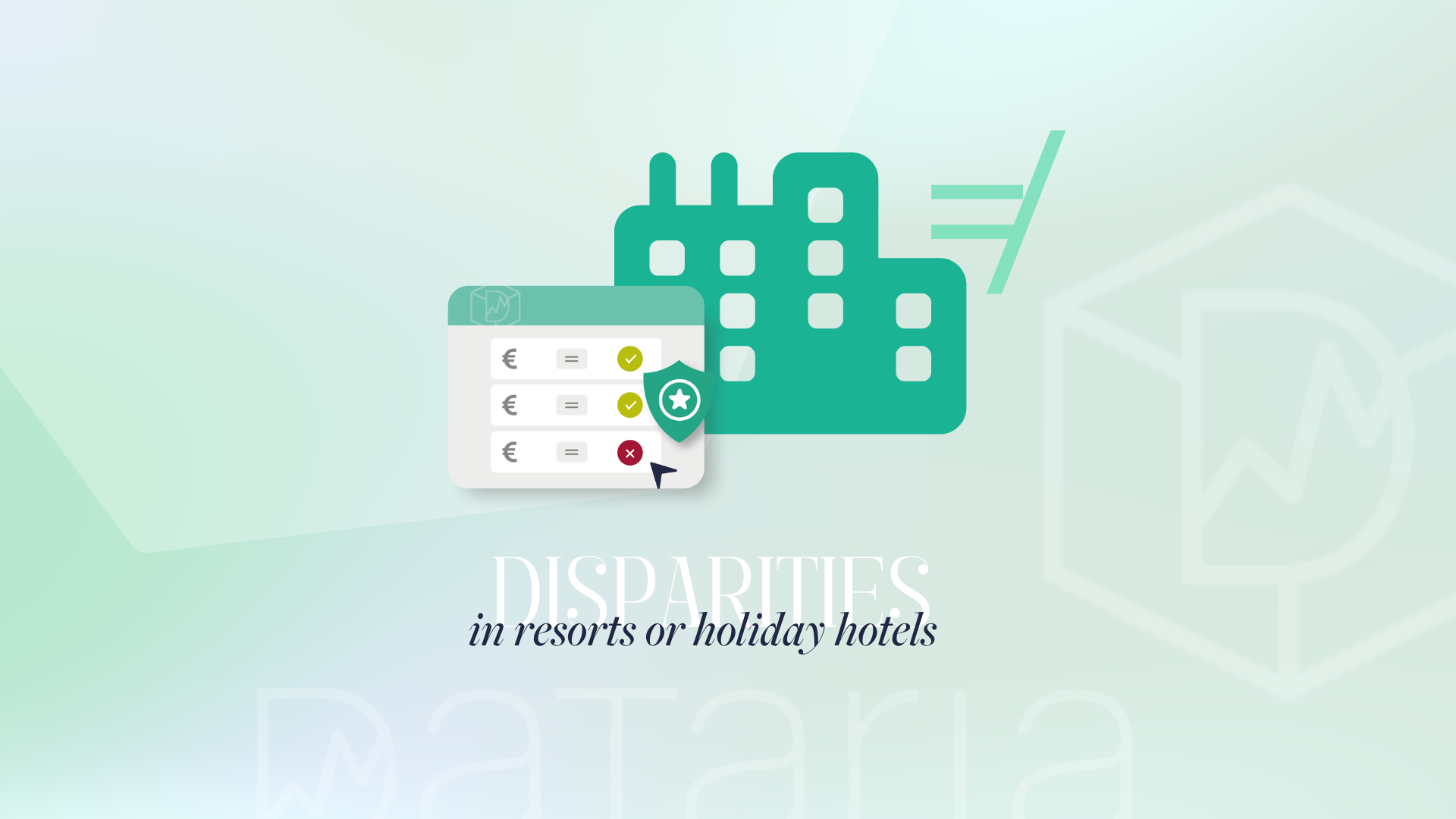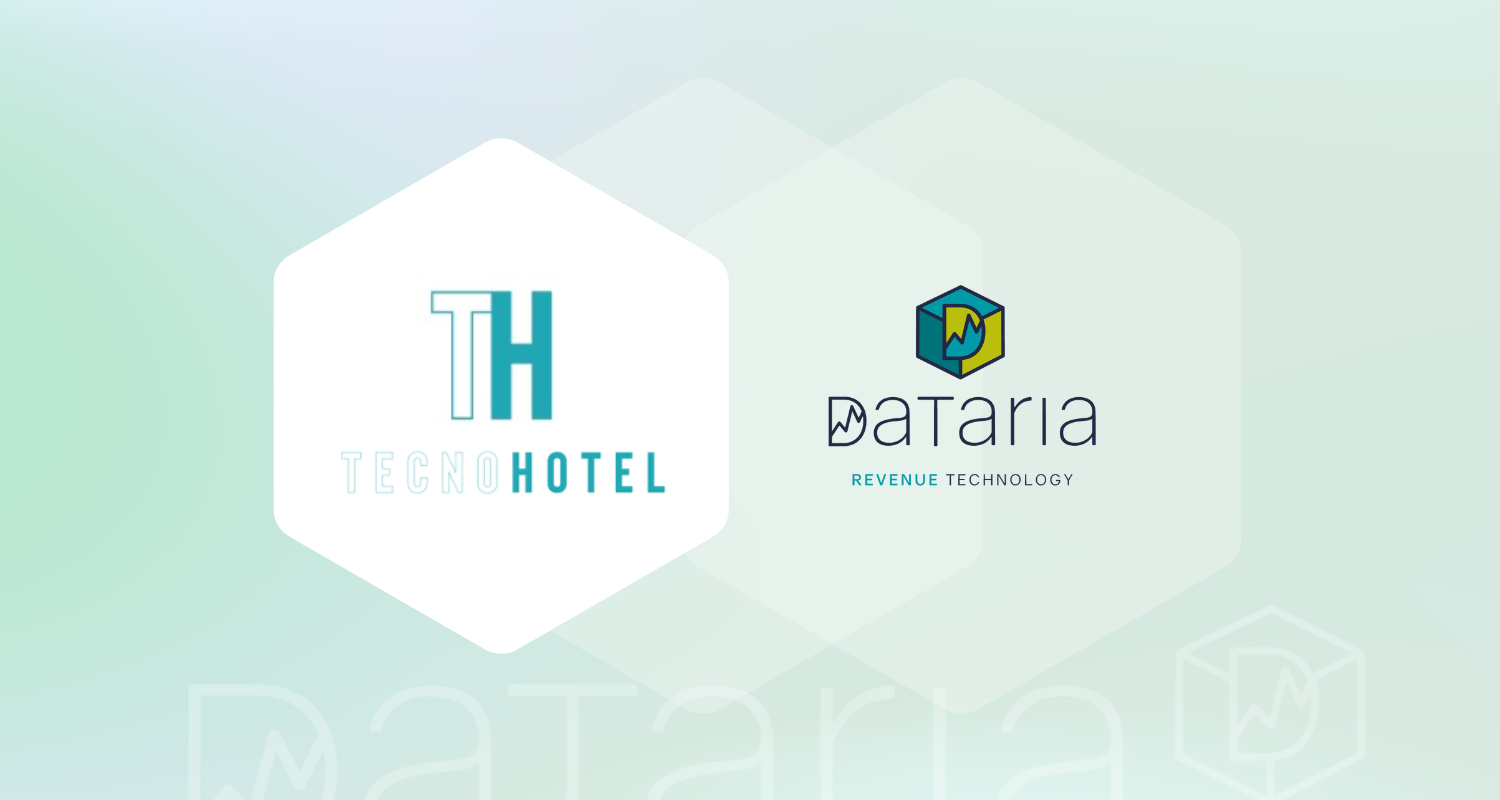Anticipating hotel demand isn’t just for the big chains anymore. In today’s fast-moving market, where every day matters, having foresight has become a strategic must — whether you run a small B&B, a seaside resort or a large hotel group. Seeing what’s coming allows you to adjust prices, strengthen your team, plan campaigns and make key decisions with confidence — not in the dark.
But how can you really get ahead of demand without drowning in spreadsheets or reacting too late?
The good news: there are practical ways to do it. Some are more hands-on, others more automated — but all share the same goal: to give you a competitive edge.
✅ Why is it important to anticipate hotel demand?
Being able to anticipate demand helps you:
- Adjust your prices at the right moment
- Launch direct sales campaigns — or work with key distribution partners
- Optimise operations: staffing, purchasing, and service levels
- Stay ahead of occupancy peaks and dips
- Spot anomalies before they hit your bottom line
Ways to anticipate hotel demand — tailored to your hotel’s size and complexity 📊
Here’s a list with different ways to anticipate hotel demand. Many of them can be combined, depending on your hotel’s size, location and structure:
1. Analyze historical data and behavior patterns
Looking at how demand behaved in previous years on similar dates remains a solid starting point — especially in seasonal destinations or areas with recurring events.
Limitation: Doesn’t account for unexpected changes or shifts in market conditions
Advantage: Helps identify consistent peaks and drops
2. Monitor your pick-up and booking pace
Are bookings coming in earlier or later than in previous years? These early trends can be a warning sign. A slower pick-up may signal a drop in demand.
Tip: Always break it down by segment or channel — not just the global picture.
3. Track your compset and their pricing behaviour
If your direct competitors suddenly raise or drop prices, they might have seen something you haven’t.
- If they’re dropping rates: are they anticipating low demand?
- If several hotels are increasing rates: do they know something you don’t?
Tools like a Rate Shopper can help you detect these changes instantly. Combined them with Automatic alerts so you don’t have to keep checking manually.
4. Activate a smart KPI alert system (like the one from Dataria!)
At Dataria, we believe the key is having actionable insights at the right moment, without extra effort.That’s why we’ve launched a new KPI alerts add-on inside our Business Intelligence.
With this feature activated, the system monitors your key indicators for you and sends you:
- Revenue metric notifications
- Automatic alerts whenever something requires your attention — from sudden changes in local occupancy to compset price shifts or unexpected drops in your pick-up.
You’ll no longer need to check dashboards every day. You’ll be alerted when:
- Your compset drops prices aggressively
- Your booking pace slows compared to recent weeks
- Your online reputation score changes
- A dip in local demand is detected
These alerts are fully customisable, drawing on your key indicators from the Rate Shopper, Parity, Online Reputation, and BI modules.
Want to see it in action?
👉 Book a demo with our team and and find out how automated alerts can work for you.
5. Read the external market signals
Local events, bank holidays, strikes, new flight routes or even weather forecasts — all of these can affect hotel demand. Bringing these into the picture gives you a fuller view.
Tip: Rely on trustworthy sources and track them consistently.
6. Listen to your front desk and reservations team
Sometimes the best “alerts” don’t come from a system — they come from the people who speak to your guests every day. If something starts to feel off or you’re hearing the same thing repeatedly, it’s worth digging deeper.
🚀 Anticipation + automation = smarter decisions
These days, anticipating demand isn’t just down to instinct or experience. With tools like Dataria’s new KPI alert system, you can make that anticipation real, automated and actionable.
It’s not about more data — it’s about having the right signals at the right time, with revenue metric notifications and smart alerts that help you focus and free up your time.
🧩 What do you need to get started?
- A KPI alert system that collects your data in real time
- Clear definitions of what you want to track
- A dashboard or module where you configure your alerts
- Regular monitoring and tweaks to keep your alerts sharp
Ready to take the next step?
If you want to see how KPI alerts work, book a demo with our team here, we’ll help you set up the most relevant alerts for your hotel and your way of working.

👉 Because anticipating demand is essential — and making it easy is part of what we stand for at Dataria.


